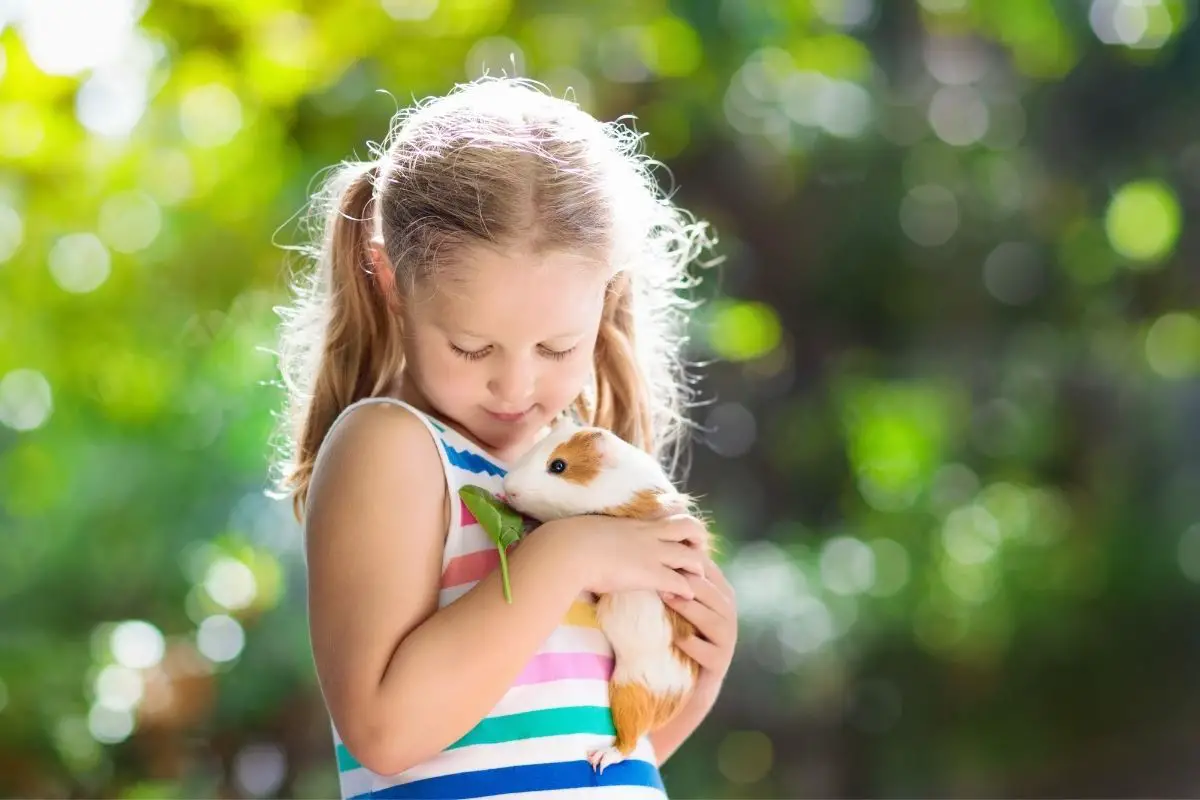Can You Compost Guinea Pig Droppings? | Is it a Natural Fertilizer?
Let’s be blunt, if you have pets you have poop!
So, when my kids asked me about getting a guinea pig, all I could think of was… poop – mountains of it! I know they are cute, but they eat and poop – a lot!
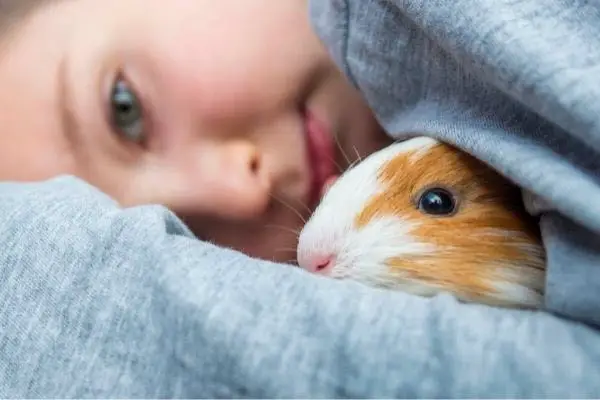
How could I possibly deal with that? Can you compost guinea pig droppings by any chance or would I have to collect them – as you do with dogs?
Does the idea of guinea pig poop compost cause you to raise an eyebrow?
What if I told you it was actually one of the best fertilizers you can use in the garden?
Good news for those who compost and are also thinking of becoming a guinea pig parent!
Guinea pig droppings (and their wood or straw bedding) can be composted.
Not only is guinea pig waste safe to compost but it also offers a wide range of nutrients that plants crave. Here’s everything you need to know about this sustainable — not to mention, adorable — fertilizer source!
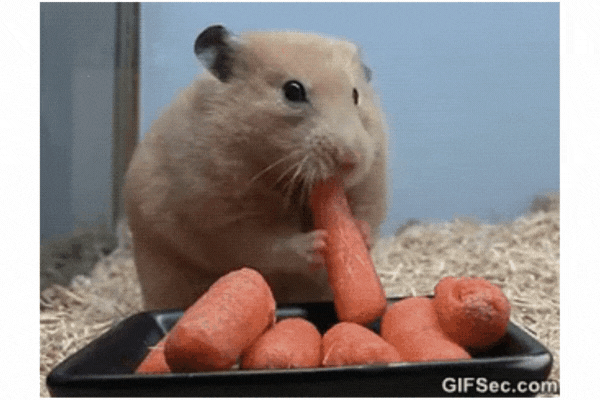
What Is Manure?
Technically, manure is any organic fertilizer made from plant or animal matter. But the term is most often used to refer specifically to animal waste (a.k.a. poop) used as fertilizer.
Manure can come from any animal species. Livestock like cows and horses are the most common sources of manure used in home gardens and vegetable patches.
Is animal manure good fertilizer?
Animal waste naturally contains some of the best nutrients for healthy plant growth.
Depending on the animal and its diet, manure can contain essential nutrients like nitrogen, phosphorus, and potassium. It can also include a wide range of other vitamins and minerals.
These nutrients are all found in standard store-bought fertilizers. But without the expensive price tag and synthetic chemicals.
Is it safe to fertilize with fresh manure?
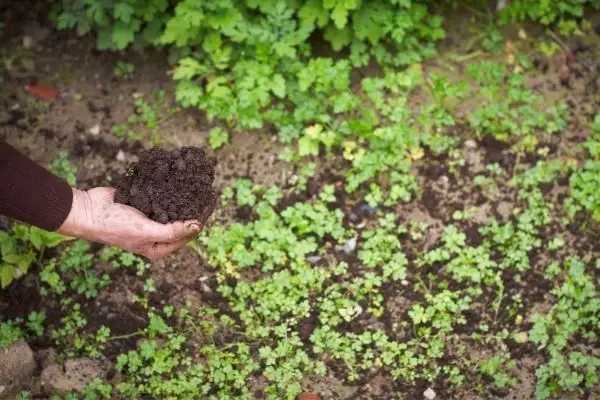
Fresh manure offers plenty of nutritional benefits. But, it also has some serious drawbacks.
Animal waste often contains harmful pathogens — bacteria and viruses — that can spread to humans and other animals.
For example, many recent E. coli outbreaks that have affected produce were the result of fresh animal waste running off into agricultural fields.
Even if it is free of dangerous pathogens, applying fresh manure to your garden isn’t the best idea. Some animal waste, including cows’, contains high levels of ammonia that can damage plants.
So how do you avoid contaminating your garden while still taking advantage of manure’s many benefits?
The answer is composting.
At its core, composting is just expedited decomposition.
The natural decomposition process kills off most of the harmful pathogens in animal manure. It also alters the chemical makeup, increasing the good chemical content while lowering the bad.
Can You Compost Guinea Pig Waste?
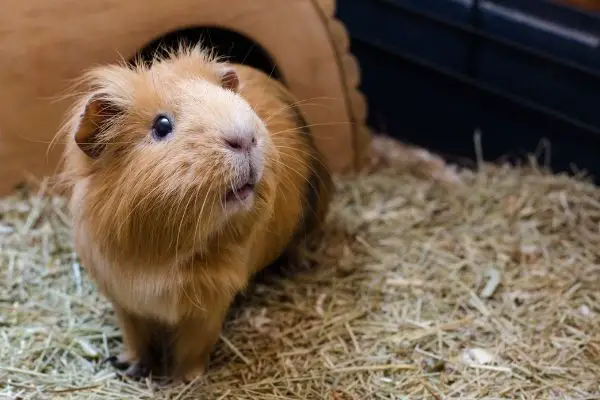
Adding cow or horse manure to your compost pile is one thing. But what about your beloved guinea pig’s droppings?
Every pet owner knows that cleaning up and disposing of animal waste is a never-ending job. It would be great to repurpose that waste in an efficient and sustainable way.
Great news: Guinea pig waste is just as compostable as any other manure.
Your guinea pig’s droppings can go straight into your compost heap. You can even include organic materials like straw bedding or food debris — no need to sift through and only compost the poop!
Guinea pig droppings take at least six months to fully compost. Be sure to include a carbon source as well (old straw or wood chips work great).
What about other small animal waste?
Guinea pigs aren’t the only small animal species that can help out your garden. Rabbits, mice, rats, gerbils, and hamsters are just a few more pets whose droppings can be safely composted.
As a rule of thumb, any animal that consumes a primarily plant-based diet can produce beneficial manure.
So while you shouldn’t add the cat’s litter box contents to your compost pile, rodent and bird waste is fair game.
Frequently Asked Questions
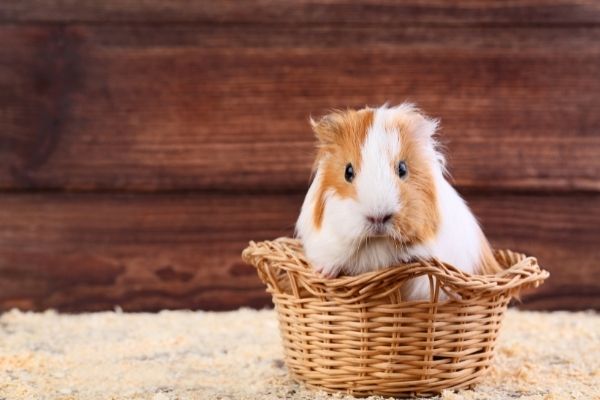
Does guinea pig waste carry diseases?
Fecal matter is a common transmitter of disease. Guinea pig droppings are no exception.
Fortunately, few serious diseases can be transmitted from guinea pigs to people. The bigger concern is accidentally transferring pathogens from one rodent to another (this can be either a pet or wild animal).
Always take precautions when handling your guinea pig’s waste, such as washing your hands with a disinfectant soap afterward and using dedicated tools for cleaning.
Anyone who is pregnant or has a compromised immune system should avoid handling animal waste of any kind.
Can you recycle guinea pig droppings?
No. Placing animal waste in the recycling can easily spread disease. It will also contaminate any recyclable materials it comes into contact with.
If you can’t compost your guinea pig’s waste, throwing it in the garbage is the next best option.
Can you use fresh guinea pig waste as fertilizer?
Unlike cow manure, guinea pig droppings do not contain harmful levels of ammonia. Adding this waste directly to your garden will not do any damage.
Composting is still the most effective way to use these droppings for fertilizer, especially if you want to ensure no pathogens make it into your garden bed.

